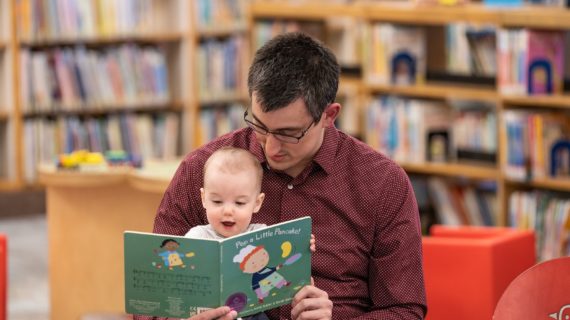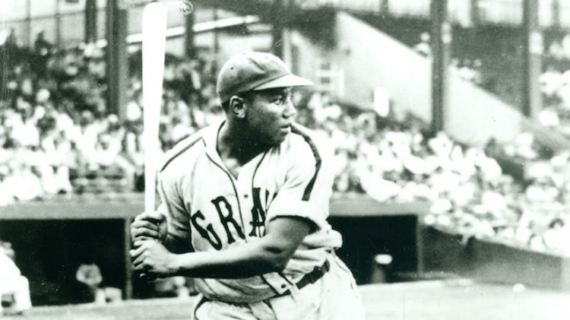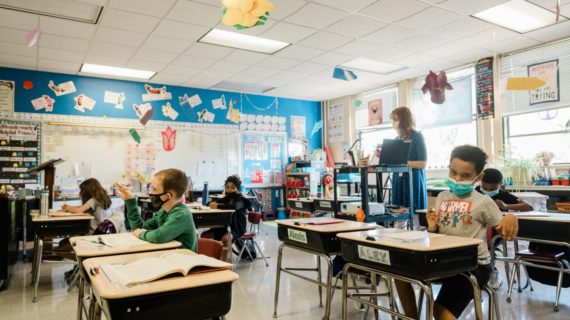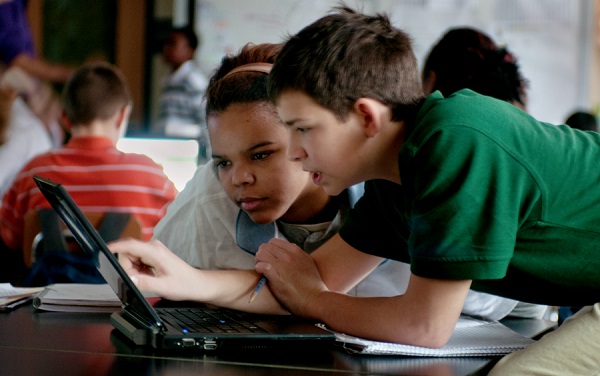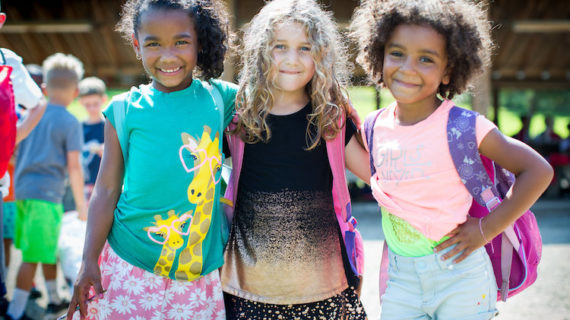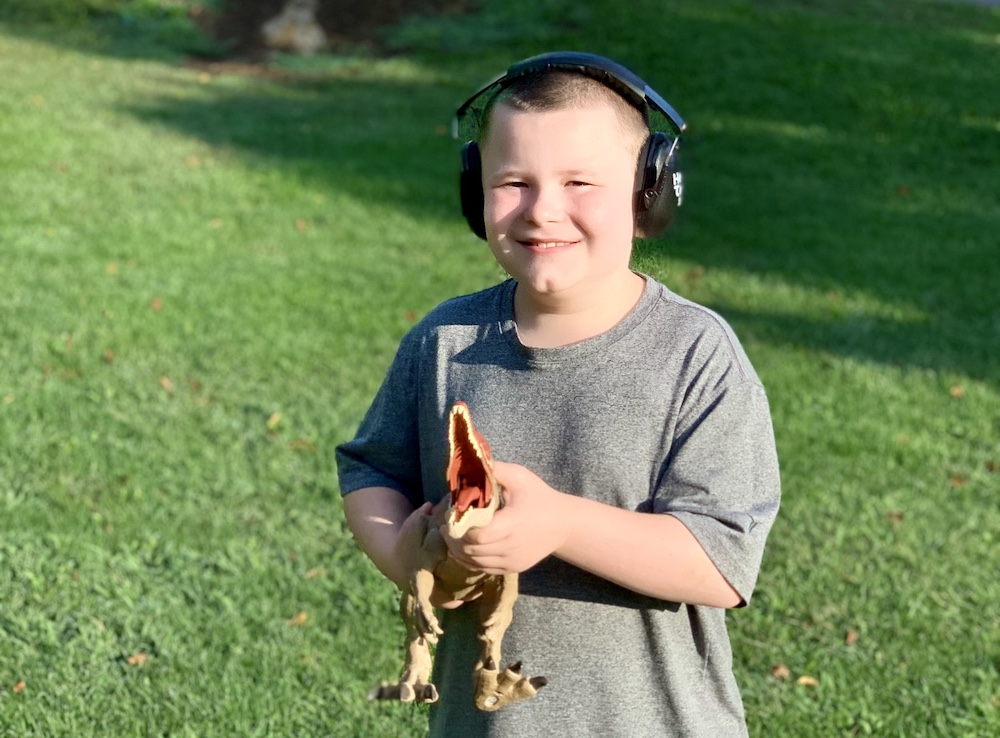
A little kindness goes a long way: Teaching kids about autism and other disabilities
“Hey, ‘Mister I Can’t Talk!’”
As I heard the words leave the young boy’s mouth, I looked over at my autistic son. Standing there with his noise-canceling headphones on and a big smile beaming across his face, he didn’t realize what just happened.
But I did. And so did his twin brother, who looked at the boy with tears in his eyes and said, “His name is Ethan.”
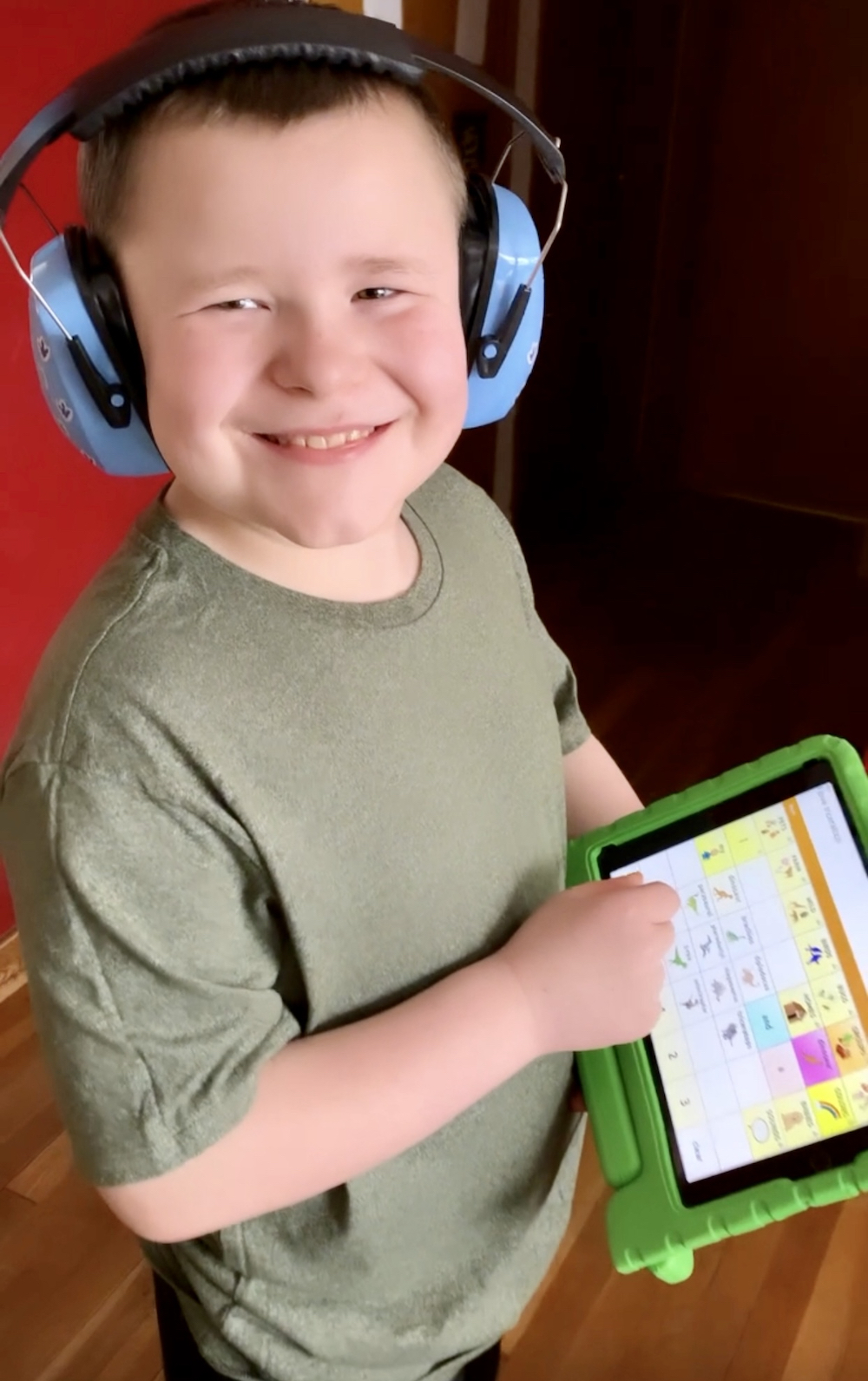
My son Ethan has autism and has limited verbal words. Hearing the insensitive name this other boy had called Ethan, my heart sank. I looked around the park to see if I could find a parent of the young boy to help educate them. I couldn’t find anyone in the moment, and I remember feeling so upset by the words that had been said to my son.
I walked over to the young boy and asked him not to call my son that again. He was surprised that I said anything to him. He replied back to me, “Why?”
I explained to him that my son has autism, has limited verbal words and uses a speech device to help him communicate. I told him that using someone’s weaknesses or differences to call them names is unkind. And if he wants to call him something, he needs to respectfully call him by his name.
The little boy stood there wide-eyed, not saying a word, and ran off to another part of the playground.
As I reflect back on this day, I always think about the importance of teaching our children about differences. It’s imperative that we talk to our kids about diversity, but when we have those conversations we can’t forget to include individuals with disabilities. If it makes you uncomfortable, that’s OK.
There are books, articles online, social media platforms run by disabled adults and so much more. Use these resources to help educate yourself, and then start these conversations with your children.
Every year I go to my son’s school to talk about autism. I explained how important it is that we accept all of our friends for who they truly are. I am always blown away by their eagerness to learn and I give them the opportunity to ask questions to my son and me.
Our children are like little sponges, soaking in everything around them. If we’re not teaching them about diversity and having conversations about disabilities, they’ll grow up treating others differently. I don’t believe you have to go into extreme details about every disability that’s out there.
But you can talk about children that use wheelchairs to help them navigate the world around them.
You can teach them about people who don’t speak verbal words and might use sign language or a speech device to communicate. You can talk about behaviors, and explain that some people may act differently than they do.
More importantly, you can discuss the ways they can be supportive and kind when they see individuals with disabilities out in the community. The steps are easy:
- Say hello.
- Include them.
- Treat them with respect.
- And always presume competence.
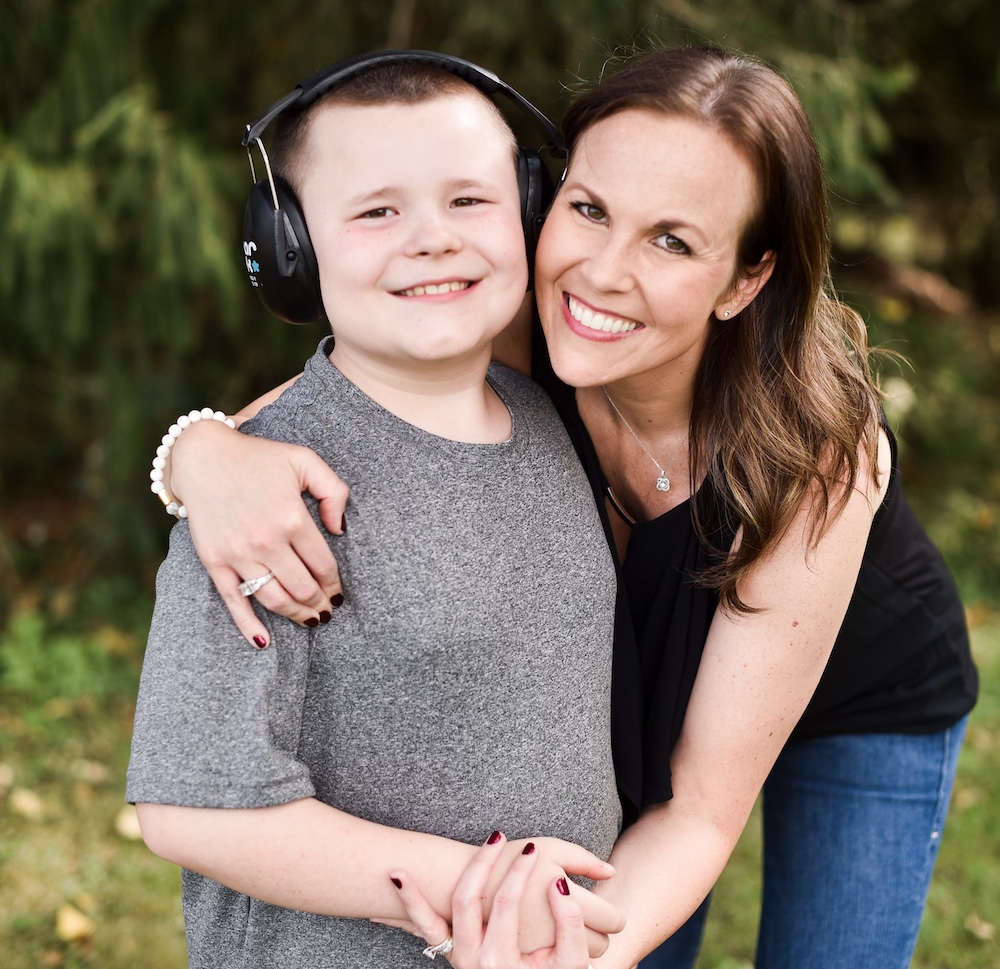
It’s essentially this: Treat people with disabilities like human beings, because that’s what they are. Accept them for who they truly are and for all of the beautiful gifts they bring to our world.
So the next time you’re at a park, the local museum or having a family day at the pool, don’t forget to make someone feel seen. Share a smile and wave hello.
A little kindness goes a long way.

